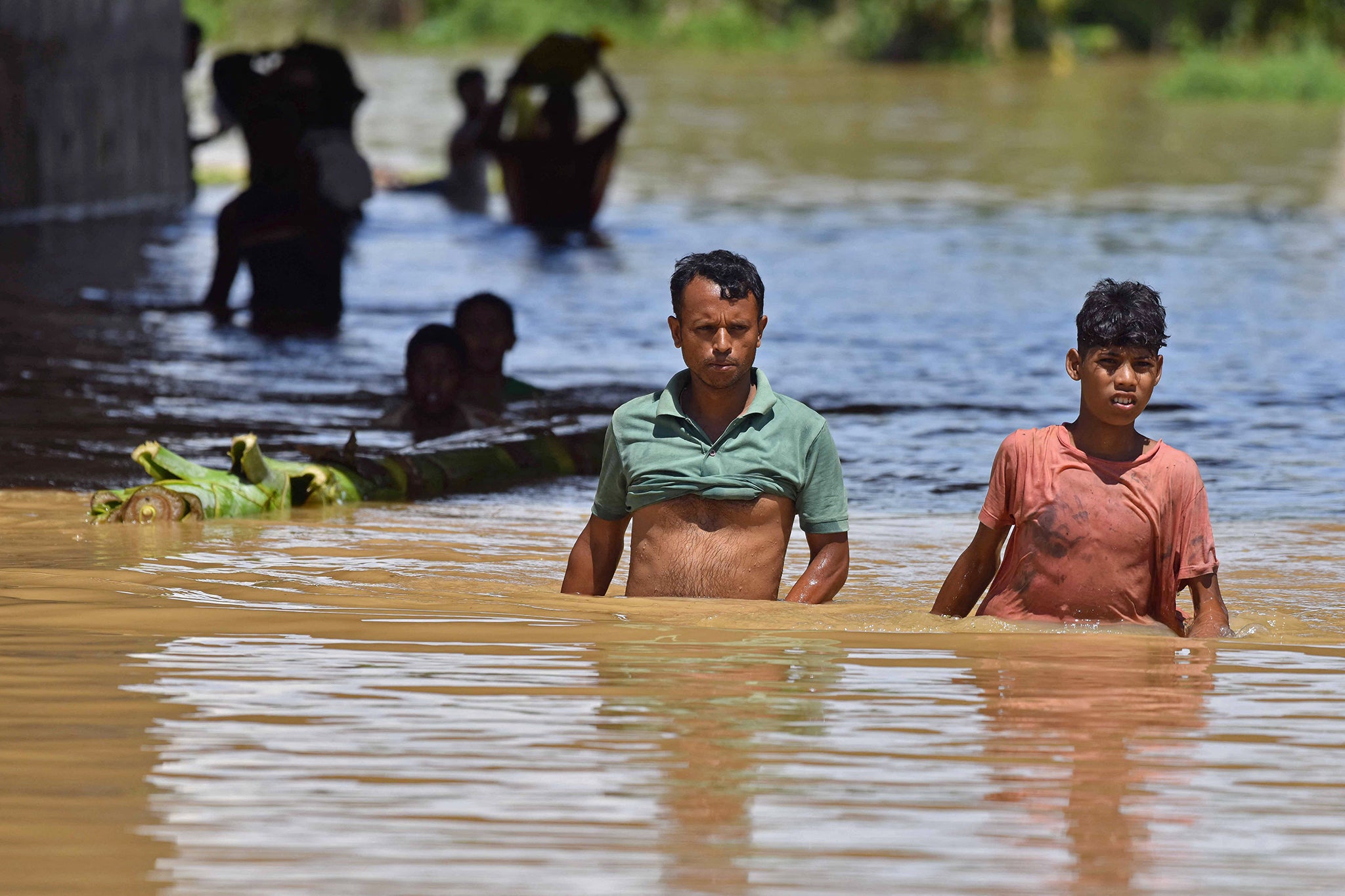A dog’s frantic barking in the middle of the night saved the lives of 67 people in a Himalayan village before a massive landslide swept away their homes.
Residents of Siyathi village in Mandi district, in India’s northern state of Himachal Pradesh, said their 5-month-old dog began barking around 1am on 30 June, just as heavy rains triggered a slope collapse that destroyed at least a dozen houses.
“I woke up from the barking,” a resident named Narendra told NDTV. “As I went to him, I saw a big crack in the wall of the house, and water had started to enter. I ran downstairs with the dog and woke everyone up.”
He ran door to door, alerting villagers. Within minutes, their houses were swallowed by mud and debris. The monsoon landslide completely levelled the area with just a few houses left standing.
The survivors credited the dog, who was adopted just a few weeks ago, with alerting them early enough to escape the tragedy safely.
The 67 people, part of around 20 families, fled in time and are now taking shelter at the Naina Devi temple, NDTV reported. The Himachal Pradesh government has given ₹10,000 (£100) in immediate relief per household.

The disaster is one of several triggered by intense monsoon rain in the region. Since 20 June, 78 people have died in Himachal Pradesh due to rain-related incidents, including cloudbursts, flash floods and landslides, according to the state disaster management authority. At least 50 of those deaths were caused directly by weather events.
Mandi is among the worst-affected districts, recording 19 cloudbursts and 16 landslides in just over two weeks. More than 150 roads remain blocked, and hundreds of homes have been damaged or destroyed.
Chief minister Sukhvinder Singh Sukhu, who visited the village soon after, described this year’s monsoon as unprecedented, noting,
“Never before have we witnessed 8-10 cloudbursts in a single night,” he told reporters.
The state has seen repeated disasters during recent monsoon seasons, with experts linking the increased intensity of rainfall and frequency of extreme events to climate change. Warmer air holds more moisture, leading to heavier downpours and increased flood and landslide risk in hilly regions.
Rainfall has been wreaking havoc in neighbouring Nepal, Pakistan and China as well. This week, a flooded mountain river destroyed the main bridge linking Nepal with China, sweeping away at least 18 people and halting trade.
China’s official Xinhua news agency said 11 people also remained unaccounted for on the Chinese side of the mountainous border where flooding has been intense. The southwestern parts of China were also bracing for Typhoon Danas.
Meanwhile, in Pakistan, at least 79 people have died in floods, landslides and house collapses since 26 June, the National Disaster Management Authority said on Tuesday.
Scientists warn that India’s Himalayan states are particularly vulnerable as both infrastructure and terrain face mounting pressure from development and shifting climate patterns.

